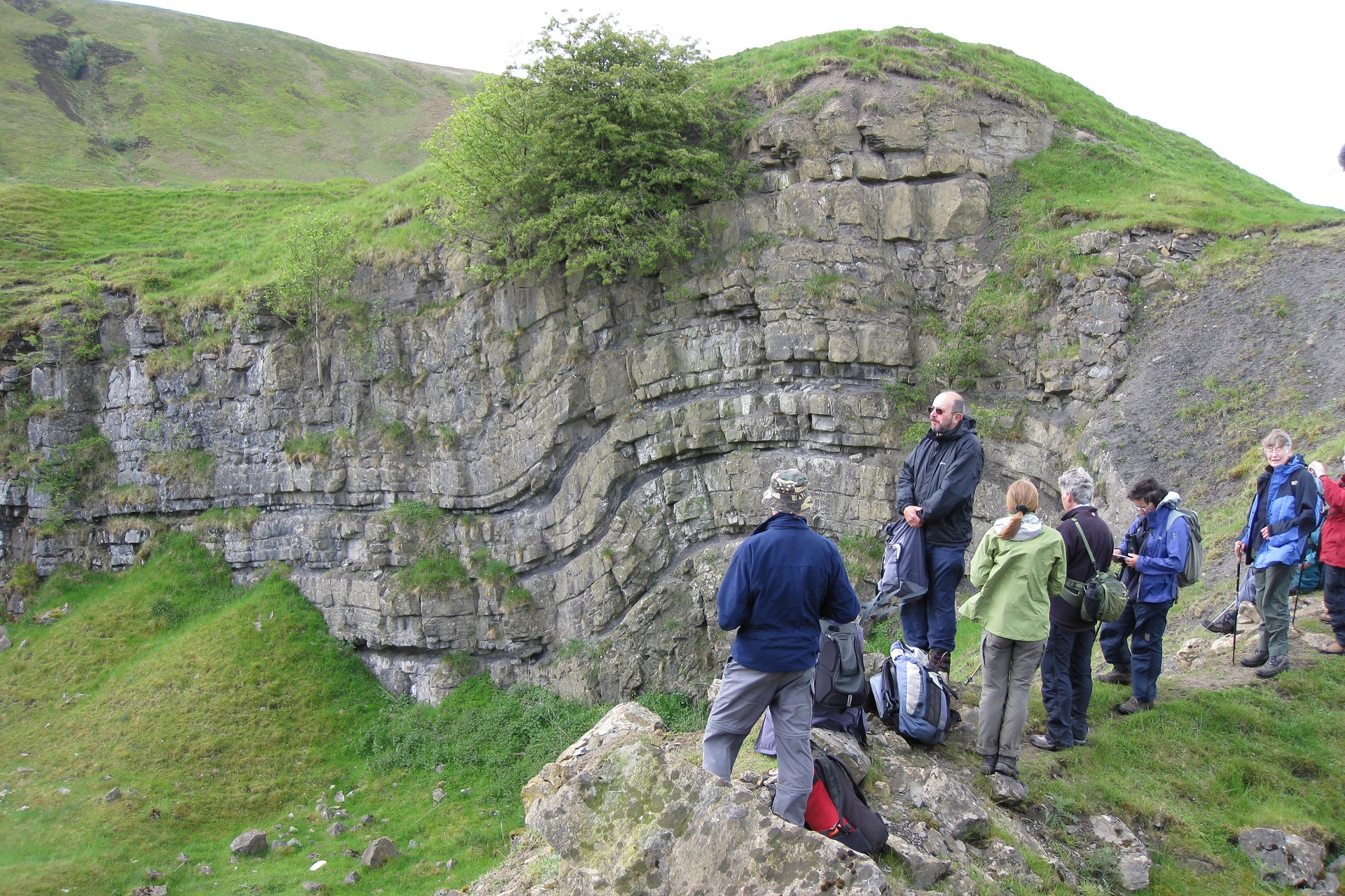There’s been a lot going on behind the scenes with our work on the Fellfoot Forward Landscape Partnership Scheme, so, as 2020 draws to a close, we thought it was about time to give you a glimpse behind the curtains!
The scheme is led by the North Pennines AONB Partnership and funded by the National Lottery Heritage Fund and it aims to conserve, enhance and celebrate the natural and cultural heritage of the Fellfoot area of north-eastern Cumbria. CAfS is one of the partners delivering aspects of the scheme, led by Roe Baker. Not surprisingly, the Coronavirus pandemic has led to a few changes in what we’re delivering and how, including some exciting new opportunities. Here’s what Roe has been working on…
Building sustainability into the heart of the scheme
One of the strengths that CAfS could bring to the scheme was making sure that sustainability was threaded through all aspects of it, with future generations very much in mind. As part of this ‘Future Fair’ element, CAfS has now developed sustainability guidance checklists, which sit within the frameworks (pacts) for different aspects of the scheme – Fellfoot community, community heritage buildings and environmental grant applications. There are also checklists for running events and for core activities, covering everything from sourcing trees to transport and catering. The aim is to encourage sustainable low-carbon delivery across the four-year programme.
Land-based carbon – calculation and methodology
Managing land in a way that stores carbon and benefits nature is hugely topical, given the UK’s strategies to reduce carbon emissions and protect and restore nature, and the changes to farming subsidies that are on the way post-Brexit.
With 85 farms in the Fellfoot area, the Fellfoot Forward scheme has a role to play in helping farmers and landowners to make the transition to carbon- and nature-friendly land management.
CAfS will be helping to arrange two events initially – one for land-based environmental organisations and one for farmers.
Support for farmers
Working to the farming calendar, we are organising an online event early next year in partnership with the Farmer Network, looking specifically at soil health and carbon sequestration on upland farms. As part of this, we want to explore an existing toolkit for assessing the carbon footprint of farms, looking at some of the limitations of it for upland farms.
The Farm Carbon Toolkit is the one we are exploring, but it was developed using data from farms in Devon, which are very different to farms in the Fellfoot area. The nature of the toolkit means the results for northern upland farms could appear unduly poor in comparison. We’re conscious these limitations could discourage farmers from using it. It does also raise questions about managing uplands for carbon sequestration and what this may mean for future farm payments that use carbon credit data, so it’s an important issue for us to explore.
Our aim is to follow up this event with one-to-one support for farmers who are interested in running the carbon toolkit as a pilot. Data could then be shared with the Farm Carbon Toolkit developer, such as our general observations, any practical issues we find in sourcing the data to input and any anomalies while inputting. We’ll also share our analysis of the results and data on upland farms, including soil type, wetter conditions, shorter growing seasons, and growing grass as a main crop as opposed to longer-rooted nitrogen fixers and arable crops.
Our aim is to hold the initial event in February 2021, ahead of the lambing season.
Liaising with land-based organisations
We’re aiming to bring together a range of organisations with a stake in land management in the Fellfoot area.
We’re just at the early stages of this. We’re currently aiming to hold a programme of relevant presentations and discussion forums on themes such as the Peat Carbon Code, Woodland Code and Forestry Standard, for example, in late summer 2021.
Future Fair youth engagement
A very important part of the ‘Future Fair’ element of the Fellfoot Forward scheme, mentioned above, is bringing the voice and influence of young people into the programme. CAfS is helping to achieve this through the established network of youth delivery within the Fellfoot area and surrounds, working with Eden and Carlisle Youth Councils, Cumbia Youth Alliance and Carlisle Youth Zone.
The aim is to raise the voice of young people living within the Fellfoot area, to understand their priorities, training, education and future employment needs and to promote and maximise access to opportunities within the Fellfoot programme – ideally to develop youth reporting and youth representation on the Fellfoot advisory board.
Community heritage buildings
We are developing a training programme for communities on managing their older buildings for energy efficiency and comfort. We’ll be working with experts on traditional buildings to create training on topics such as traditional skills, ventilation and damp, building capacity and skills within communities.
Following on from that, we will also be able to offer more in-depth support to a few communities on practical works and improvements to community buildings.

